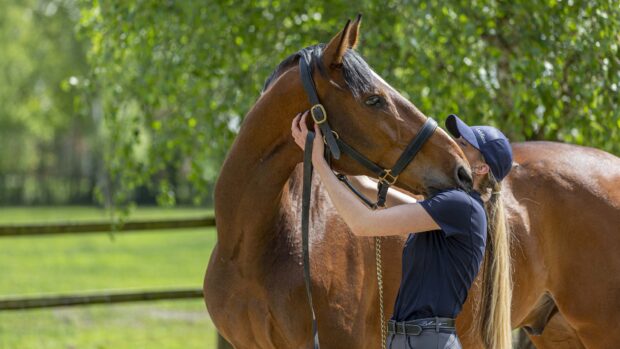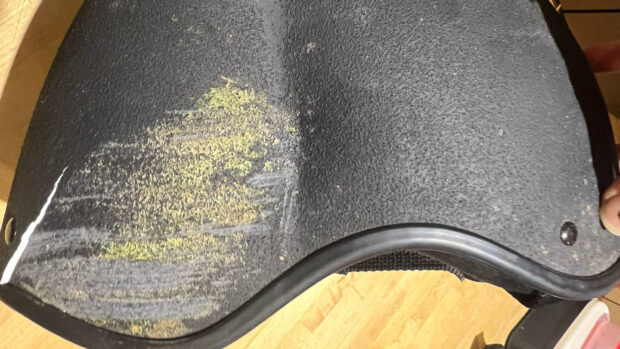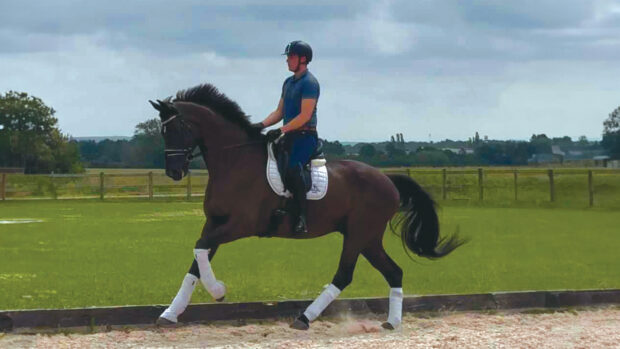Horse & Hound spoke to sports psychologist Dr Inga Wolframm to discover the science behind the mental state riders can often find themselves in following a fall.
Inga gave us six crucial facts that all riders should bear in mind.
1. Falls can affect all riders
“Riding a horse is a bit like driving a car. We hope we are competent enough to avoid crashing, but it isn’t a certainty.”
2. Returning to the saddle
“I would recommend that a rider returns to the saddle as soon as physically possible. The moment a rider hides away from the problem, it will start to grow ‘eyes’ and ‘legs’and the return is likely to become a great deal harder.”
3. Can you remember?
“An anxious person who can’t remember their fall might imagine details of the accident instead. This can be detrimental, with the rider creating scenarios worse than the fall actually was.
“Equally a rational person who is psychologically capable of putting the accident behind them may not necessarily be able to work on the cause of the fall in the hope of preventing the situation from re-occurring.”
4. A lack of confidence
“Confidence is the belief that you have the skills to deal with a certain situation. A lack of confidence boils down to fear and anxiety, where in horse sport a rider may develop a fear of encountering serious physical harm. A lack of belief shatters confidence and once this happens, you will start to do things differently. This means that riders end up in a downward spiral in their performance and their psychological state of mind.
“For example, giving half-hearted aids to your horse to encourage him to go forwards. Horses rely on positive and negative re-enforcement and as soon as a rider starts second-guessing themselves, the reaction to a situation becomes slower. This means that riders end up in a downward spiral in their performance and thus their psychological state of mind.”
5. Recognising fight or flight
“Also known as the fight or flight response, the alarm stage in response to stress sends our brain an emergency signal in a dangerous situation — or in the case of a rider, a fall, refusal or any situation where things aren’t going to plan. This response mobilises us and prepares us to react.
“At this stage riders’ muscles tense, inhibiting fine motor control, which is essential for good riding, and this reaction undermines the riders’ normal capability. This results in your horse not understanding what you are asking them to do so things start to go wrong. A vicious circle begins and belief in your capability to ride or deal with the situation begins to crumble.
“Research has shown that generally men cope better than women in the alarm stage. Women are harder on themselves and they suffer more from cognitive anxiety.”
6. Seek help
“Admitting you are afraid is not ‘the done thing’ because we boss around a half-tonne horse and we know horses can sense fear. Knowing we shouldn’t be scared can exacerbate the issue — we become stressed because we shouldn’t be feeling this emotion. But more people now seek help. Psychology is now integrated into schemes like the Lottery-funded World Class programmes, making it more readily available to athletes and sports psychologists are now also commonly used by riders of all abilities.”
Read the full article on how riders do or don’t bounce back from falls psychologically in this week’s Horse & Hound magazine (28 May 2015)




